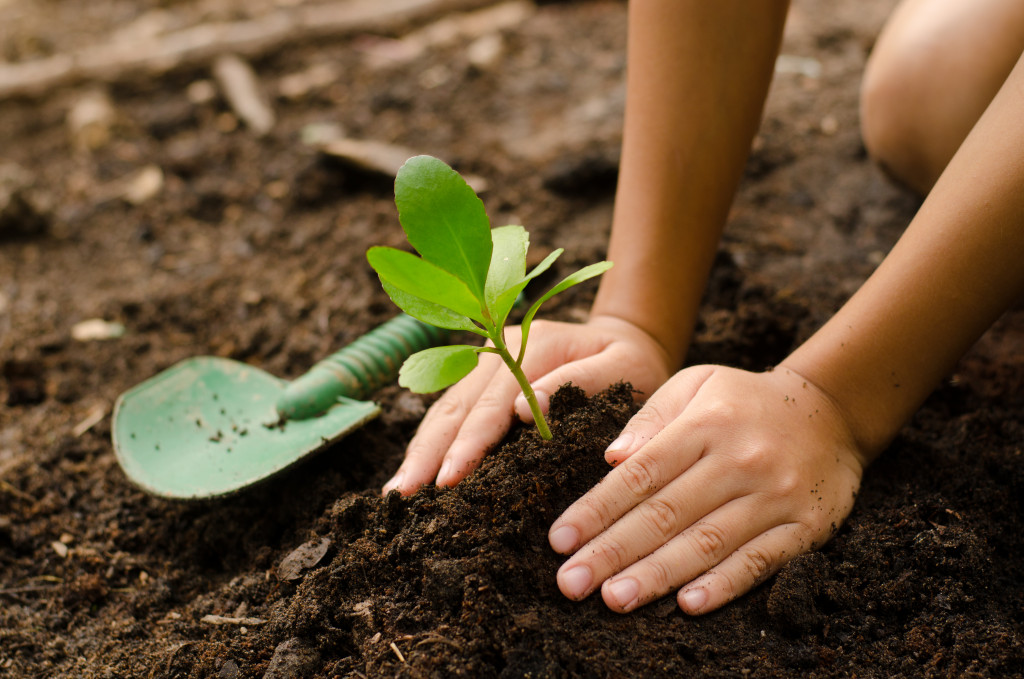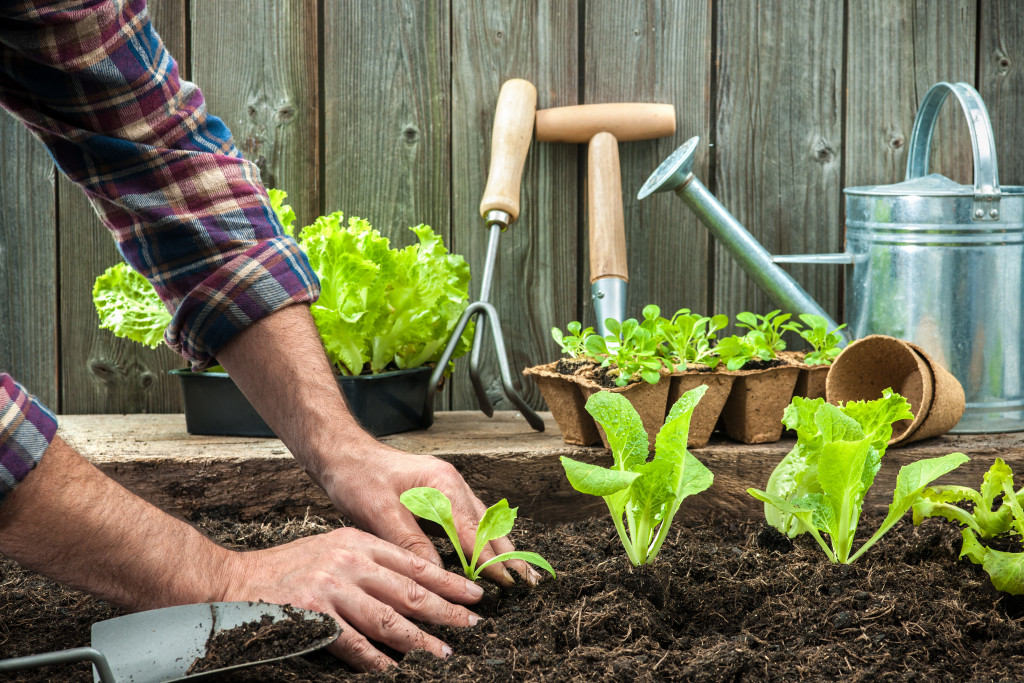Home farming is a great way to access fresh, nutrient-rich produce right from your backyard and save money on groceries. Not only that, but personally tending to your crops can help you get exercise as you spend time outdoors. This leads to health benefits such as increased vitamin D intake and lowered stress levels. At the same time, you also enjoy the satisfaction of eating food you grew yourself. If you’re looking to get started on home farming, here are some basics you need to know:
Learn More About Farming
One of the most important things to know before starting a home farm is how to take care of plants. Different crops require different sunlight, water, and nutrient levels, so it’s important to research what will grow best in your climate and soil type. You can learn by talking to experienced farmers in your local community. They can offer tips on what to grow and how to take care of your plants. You can also find great information online, including websites and forums devoted to home farming. Aside from these, you may also find an opportunity to join your local club or online community dedicated to agriculture so you can always get help and support when needed.
Create Your Farming Area
One of the most important steps in starting a home farm is finding the right spot. You’ll want to choose an area that gets plenty of sunlight and is relatively flat, so your plants have an easy time growing. Additionally, you’ll want to ensure the spot you choose is big enough to accommodate the crops you want to grow. If you don’t have that much space, you can still farm, but you’ll have to get creative with how you use your area. For example, you can grow crops in raised beds or containers. This will give your plants the room they need to grow without taking up too much space.
Aside from picking a spot, you can also close the area using a fence or other barrier. This will protect your plants from animals that might try to eat them or otherwise damage them. If you have kids or pets, you’ll also want to ensure they can’t get into the farm area, as they could unintentionally damage your crops. It can also ensure that your farm area looks more presentable from the outside.
After you have your space and fence, the next thing you’ll need is roofing. This will protect your crops from the elements that can damage them, such as strong winds and heavy rain. Various roof types are available, but you should get one designed for durability while still providing sunlight so your crops can grow. In this case, you can get quality clear corrugated roofing sheets that will help you start your home farming hobby without worrying about breaking the bank.
Get Farming Supplies
If you’re interested in home farming, you’ll need to get some supplies first. To start, you’ll need basic tools like a shovel, hoe, and rake. Aside from these, you’ll also need to ensure suitable soil and seeds. Here are the most common types:
Soil
There are three common types of soil that you’ll find in a garden. This includes loam, clay, and sand. Among these, loam has a good balance of clay, sand, and organic matter. It’s the ideal type of soil for farming because it holds water well and is easy to work with. Meanwhile, clay can be heavy and dense, but it’s ideal for certain shrubs and flowers. Then there’s also sandy soil that can benefit plants such as succulents, but they aren’t suitable for crops because they don’t hold water well.

Seeds
When choosing what to plant, consider what vegetables and fruits you and your family enjoy eating, then select crops that grow well in your climate. Crops that beginners often start with include tomatoes, peppers, zucchinis, squash, eggplants, and herbs such as basil, thyme, and mint. Once you’ve selected your seeds, you’ll need to start them indoors in seed trays or pots before planting them outdoors. This will ensure they have the best chance of germinating and growing into healthy plants.
Before you take on too much farming, it’s important to know the basics. This will help you get started in a safe and informed way. Once you have a good foundation, you can start branching out and trying new things. But always remember to start small and to take your time learning about all the different aspects of farming. With a little patience and effort, you’ll be able to grow healthy and delicious fruits, vegetables, and herbs right at home.
